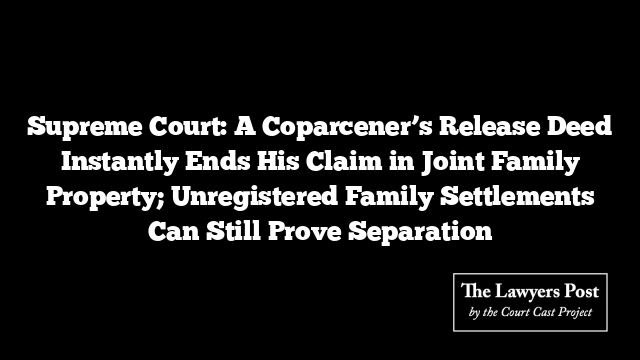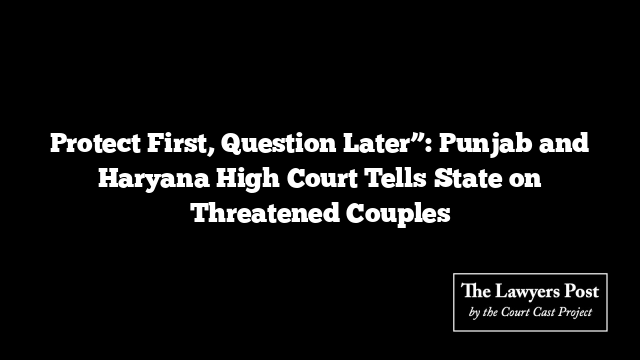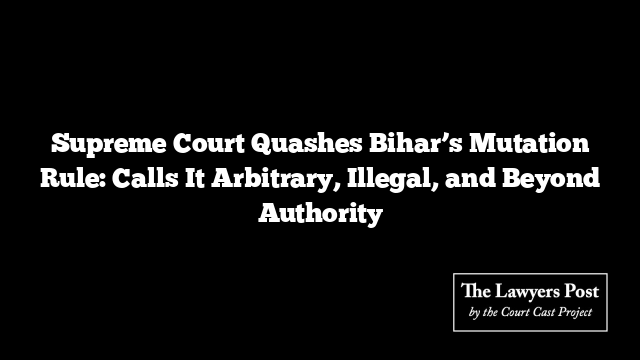A registered release deed from a coparcener doesn’t wait for formality — it takes effect the moment it’s signed. The Supreme Court clarified this in a significant ruling, holding that once a coparcener relinquishes their share in joint family property, the act immediately severs their rights, without any further steps needed to “implement” the release.
“A release by a coparcener for consideration operates immediately to divest his subsisting coparcenary interest; it does not depend for its efficacy on any further act of implementation,” the bench observed.
The case arose from a family dispute in Karnataka, where a man’s two brothers had executed registered relinquishment deeds transferring their shares to him, followed by a 1972 family settlement (“palupatti”) that formally recorded the division among remaining members. Despite this, both the trial court and the Karnataka High Court treated the properties as joint family assets and ordered a partition.
The Supreme Court bench — comprising Justices Vikram Nath, Sandeep Mehta, and NV Anjaria — overturned those findings, underscoring that registered relinquishment deeds carry binding force on their own. “The trial court declined to give effect to the release deed on two grounds — that it was not referred to in the later palupatti, and that it was not shown to have been acted upon. Both reasons are misconceived,” the Court said.
On the issue of an unregistered family settlement, the Court reaffirmed that such a document may not transfer title but can still prove that the joint family has separated. In other words, even without registration, a family settlement can legally demonstrate the moment of severance and the subsequent possession patterns among family members.
Under Hindu law, the Court explained, joint family status can be disrupted by a clear and unequivocal declaration — whether written or oral. A written record of such separation, though unregistered, remains admissible to show how family members thereafter possessed and enjoyed their respective properties.
The Court also drew a sharp line between “severance of status” and “division by metes and bounds,” noting that the former is about intent, not geography. “The insistence on division by metes and bounds ignored the undisputed position that the allotted lands were in different villages with no overlap of survey numbers,” the bench remarked, faulting the lower courts for disregarding long-standing separate possession evidenced in revenue records.
Allowing the appeal, the Supreme Court directed the trial court to draw up the final decree in accordance with this interpretation — demarcating shares as per the release deeds and family arrangement, while ensuring that any transactions made during litigation align with the final declarations.
The judgment reinforces a long-standing principle of Hindu law: once a coparcener chooses to step out, the law recognizes that decision immediately — no second act, no further ritual, no waiting.





